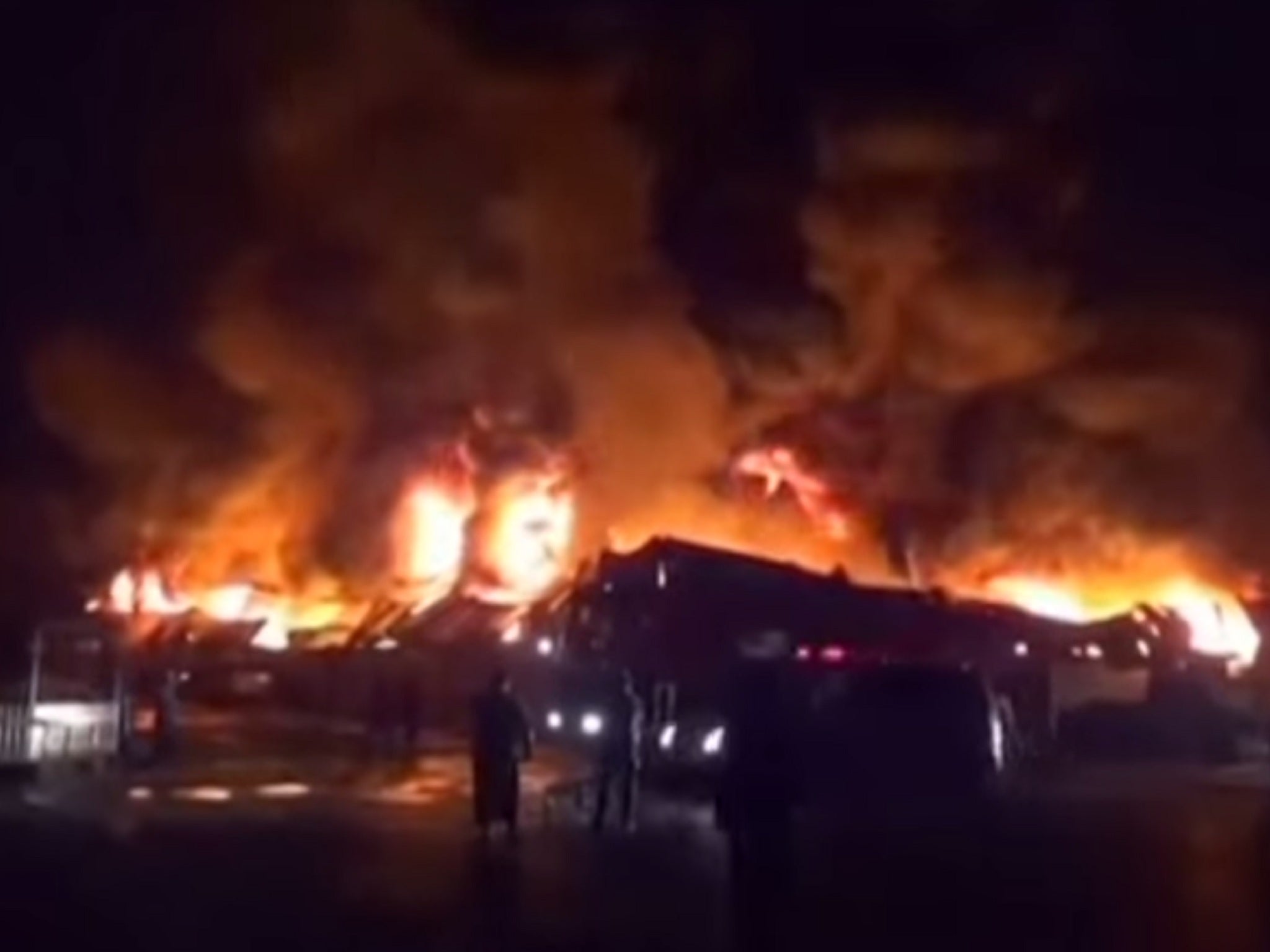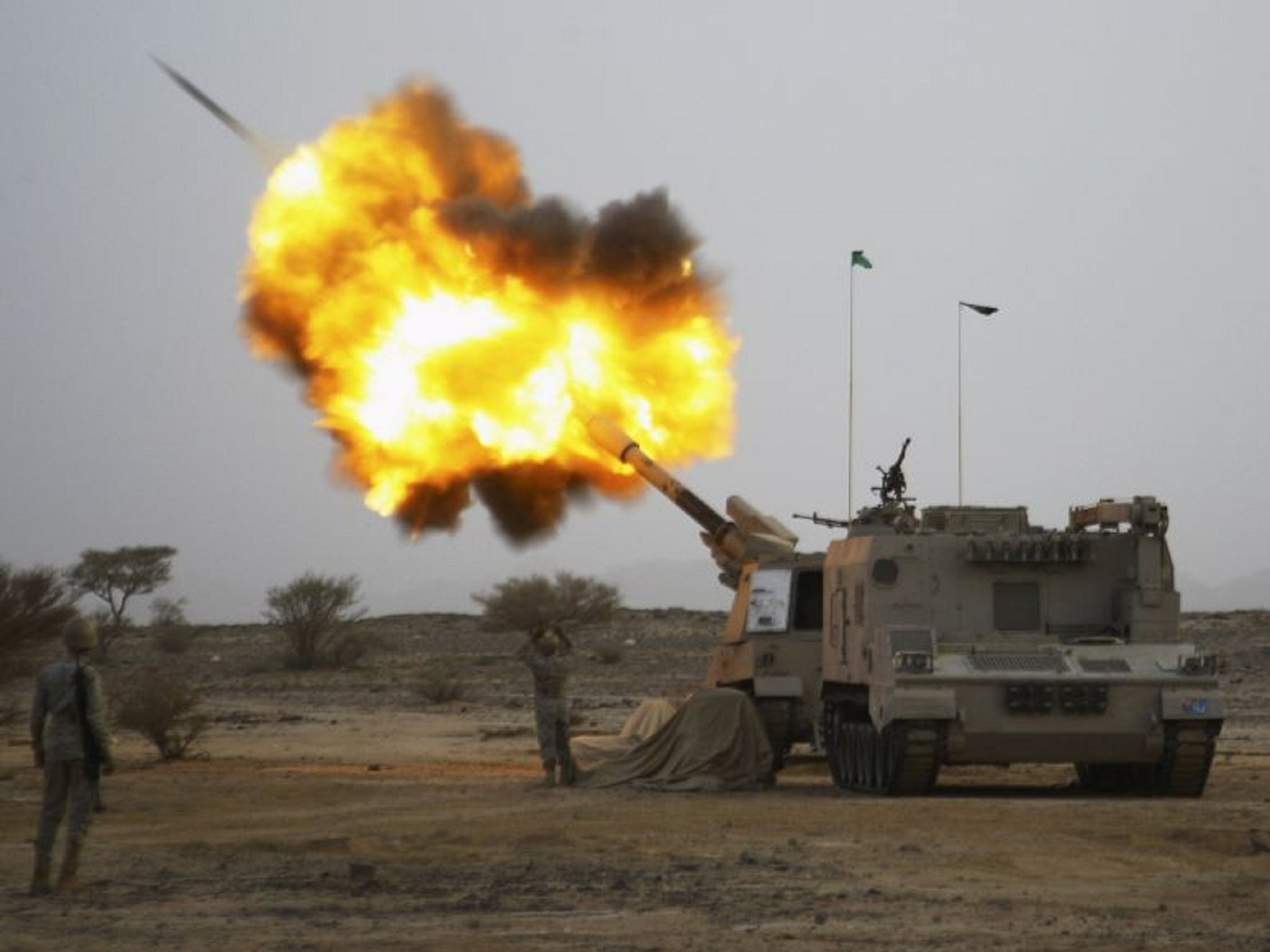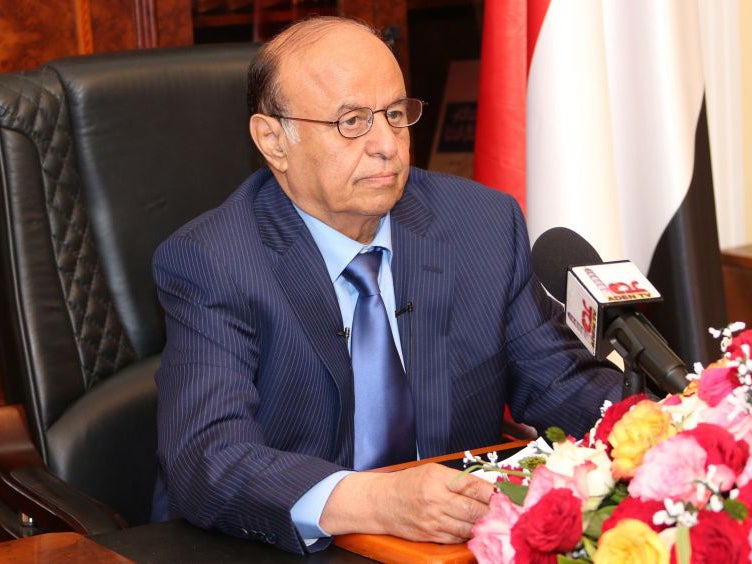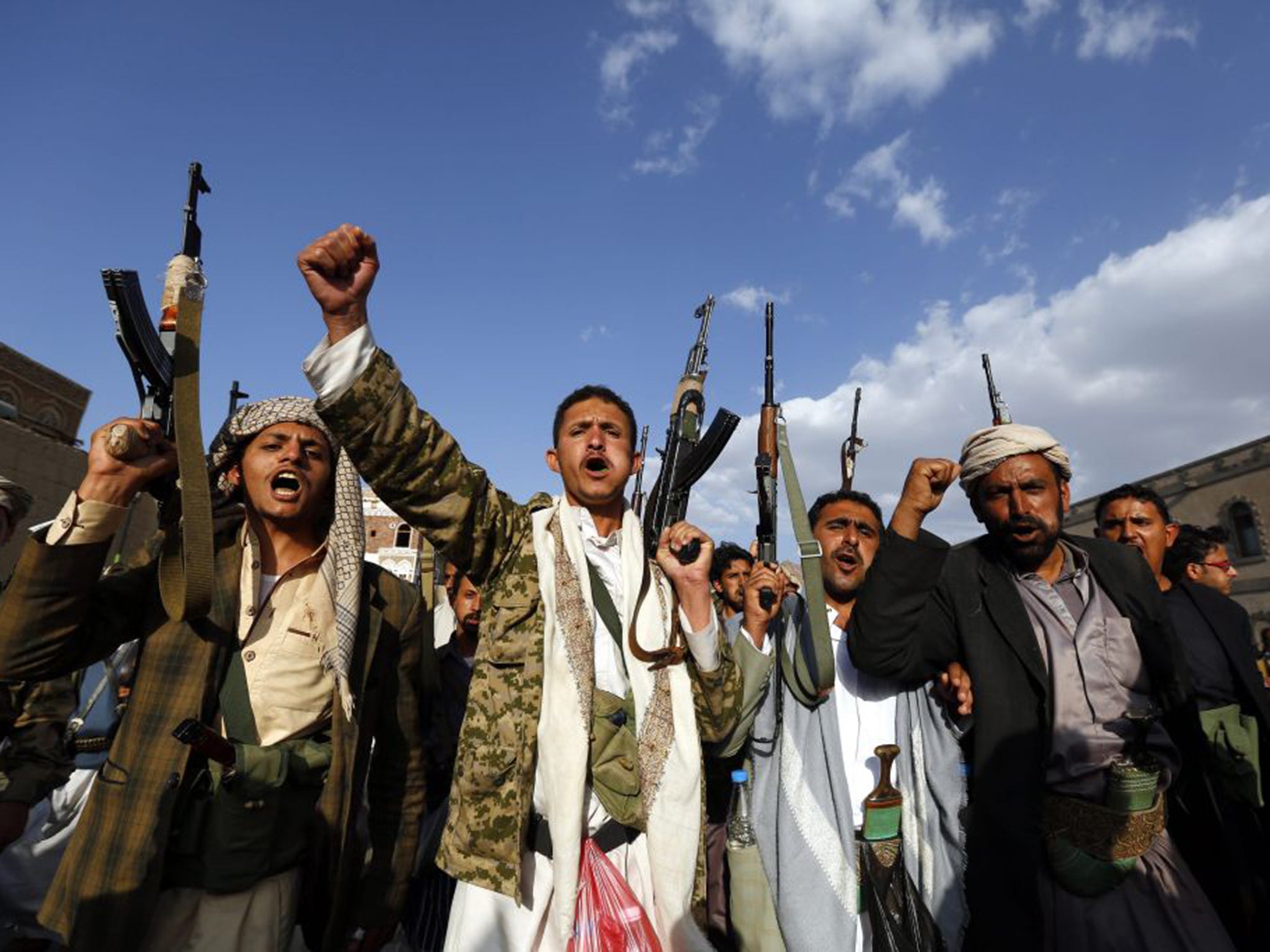Saudi-led coalition air strikes killed 31 civilians in Yemen factory, says Human Rights Watch
The US and UK are providing the coalition with logistics and diplomatic help

Your support helps us to tell the story
From reproductive rights to climate change to Big Tech, The Independent is on the ground when the story is developing. Whether it's investigating the financials of Elon Musk's pro-Trump PAC or producing our latest documentary, 'The A Word', which shines a light on the American women fighting for reproductive rights, we know how important it is to parse out the facts from the messaging.
At such a critical moment in US history, we need reporters on the ground. Your donation allows us to keep sending journalists to speak to both sides of the story.
The Independent is trusted by Americans across the entire political spectrum. And unlike many other quality news outlets, we choose not to lock Americans out of our reporting and analysis with paywalls. We believe quality journalism should be available to everyone, paid for by those who can afford it.
Your support makes all the difference.Air strikes by a Saudi-led coalition have killed at least 31 people and injured a further 11 in a Yemeni dairy factory, according to Human Rights Watch.
The Yemany Dairy and Beverage Factory, in the Red Sea port of Hodaida, was targeted at the end of last month by allied forces in a bid to destroy the rise of the Houthi Shias – who are seeking to overtake the country.
The site is around 100 metres away from a Houthi-controlled military air base. Saudi Arabia believes that the Houthis have amassed a large collection of weapons over the past few months and has blamed the deaths on rockets allegedly fired by Shias.
The day before the strikes on the factory, 40 people were killed and 200 were injured in a refugee camp in Haradh, Yemen. The coalition was blamed for carrying out the attack and ground fighting between the two sides has since intensified.
The Saudi-led coalition involves Bahrain, Egypt, Jordan, Kuwait, Morocco, Qatar, Sudan, and United Arab Emirates. The UK and US are not part of the coalition but have announced logistics and diplomatic support.
At around 11.10pm on the 31 March, four separate air strikes hit the factory – according to three employees and three residents. The fires caused by explosions burned until the morning.
The number of dead and wounded people was confirmed to Human Rights Watch by Dr Hani Mahfoodh, an emergency doctor at 22 May Hospital in Hodaida.

The death toll was at around 23 fatalities when the incident was first reported by various media organisations.
The Houthis, who are backed by Iran, are loyal to the former Yemeni leader Ali Abdullah Saleh. They have driven current Sunni president Abd Rabbu Mansour Hadi out of the capital Sanaa, and his hometown Aden, after they descended from the mountainous areas in the north of the country in September.

“The coalition’s repeated airstrikes on a dairy factory show cruel disregard for civilians, as does the deployment near the factory by Houthi and pro-Saleh forces,” said Joe Stork, deputy Middle East and North Africa director of Human Rights Watch.
“The attack may have violated the laws of war, so the countries involved should investigate and take appropriate action, including compensating victims of unlawful strikes.”

Under the laws of war in Yemen, civilians may never be targets of attacks. Strikes that fail to discriminate between civilians and soldiers are prohibited.
Fighting in Yemen has killed at least 364 civilians, including at least 84 children, as of 14 April – according to the United Nations Office of the High Commissioner for Human Rights.
It is the poorest country in the Middle East with 14.7m people in need of aid, 13.1m people without access to safe water and 10.6m people not knowing where their next meal is coming from.
Join our commenting forum
Join thought-provoking conversations, follow other Independent readers and see their replies
Comments